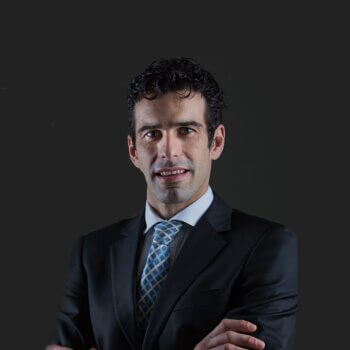Taking the plunge and starting your own business may be one of the most exciting decisions you ever make, but it’s important to know that you will experience both highs and lows throughout the process. Building your very own business from the ground up will be tiresome and incredibly frustrating at times, and you may find yourself asking, ‘what have I done?’ at some point, but with a lot of blood sweat and tears, and organizing the perfect spot to work from – whether an office for rent in Dubai or co-working space in South Africa – you can finally make your dream come true. Let’s take a brief look at what some of the challenges can be.
FINANCIAL RESTRAINTS
Entrepreneurs in the Middle East still struggle to gain investors interest in projects in order to raise much needed funds, meaning they limit their scope below their potential. It’s one thing having to meet your bosses demands and deadlines, but when you have the weight of your personal savings on your mind – if you have taken out a second mortgage or taken out a large loan in order to start up your business because you couldn’t fund it any other way – you are most likely to feel the pressure to meet your own.
REGULATORY SYSTEMS
Setting up a business in the Middle East is not an easy process as there are many regulations to adhere to throughout the process. Entrepreneurs may find that it could take longer than they originally thought to start up their business and the process can be draining and waste of entrepreneurs’ time and energy.
SCALE OF MARKETS
Start-up businesses in the Middle East tend to operate in small-scale markets, and because of this companies who are looking to monetize on adverts, for example, are faced with a very small pool of options to work with. But what makes this problem worse is growing competition between start-up businesses. Because of the narrow pool, competition is rife, preventing expansion into newer and larger markets in the region.
Although entrepreneurs in the Middle East have many obstacles to overcome while starting up their own business, when it flourishes they will be rewarded in two ways: financially and emotionally. The overwhelming feeling of knowing they are not only turning a profit but their business is financially stable gives them a sense of relief, while emotionally they will feel a sense of pride seeing their product take off.





























